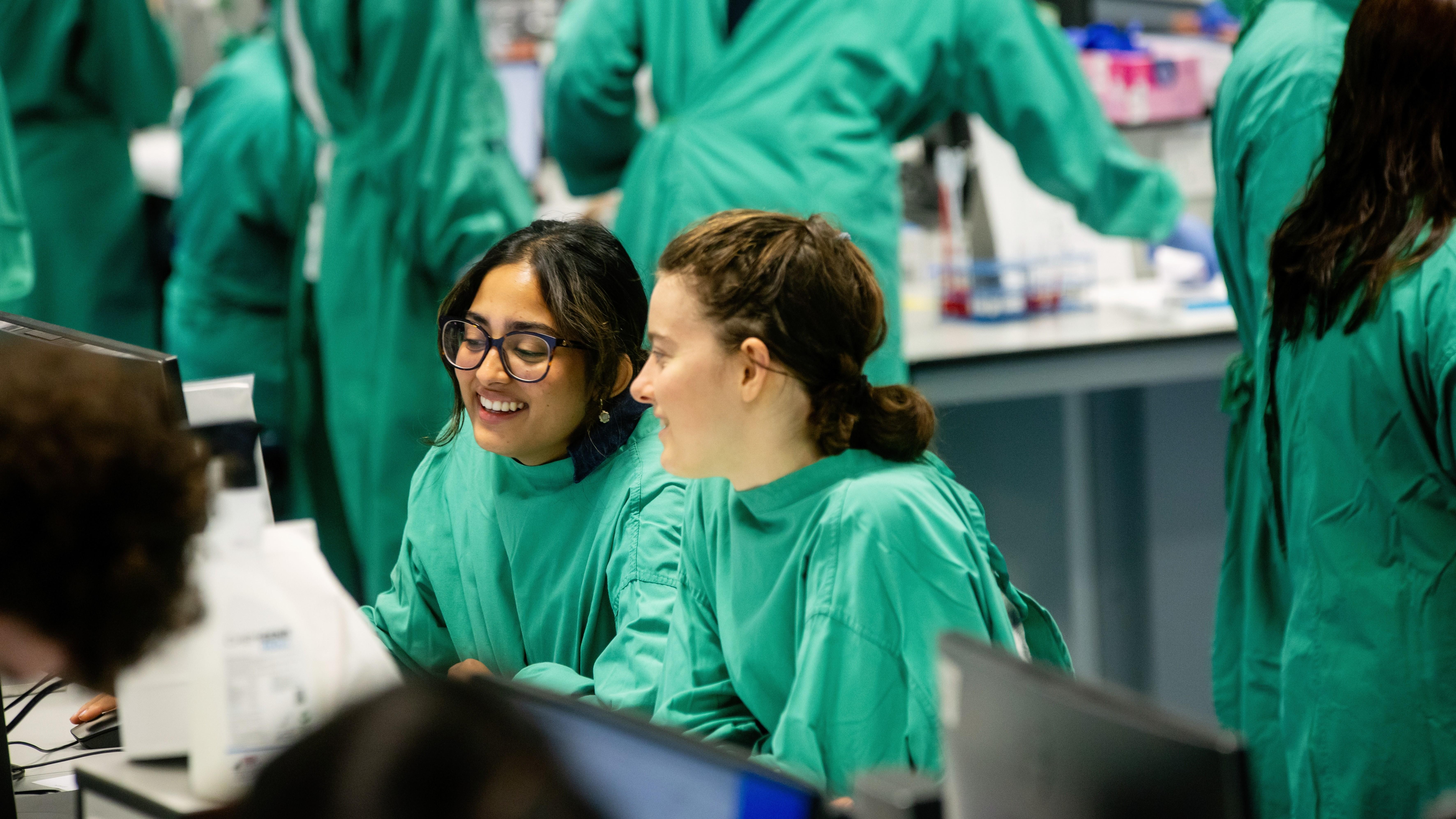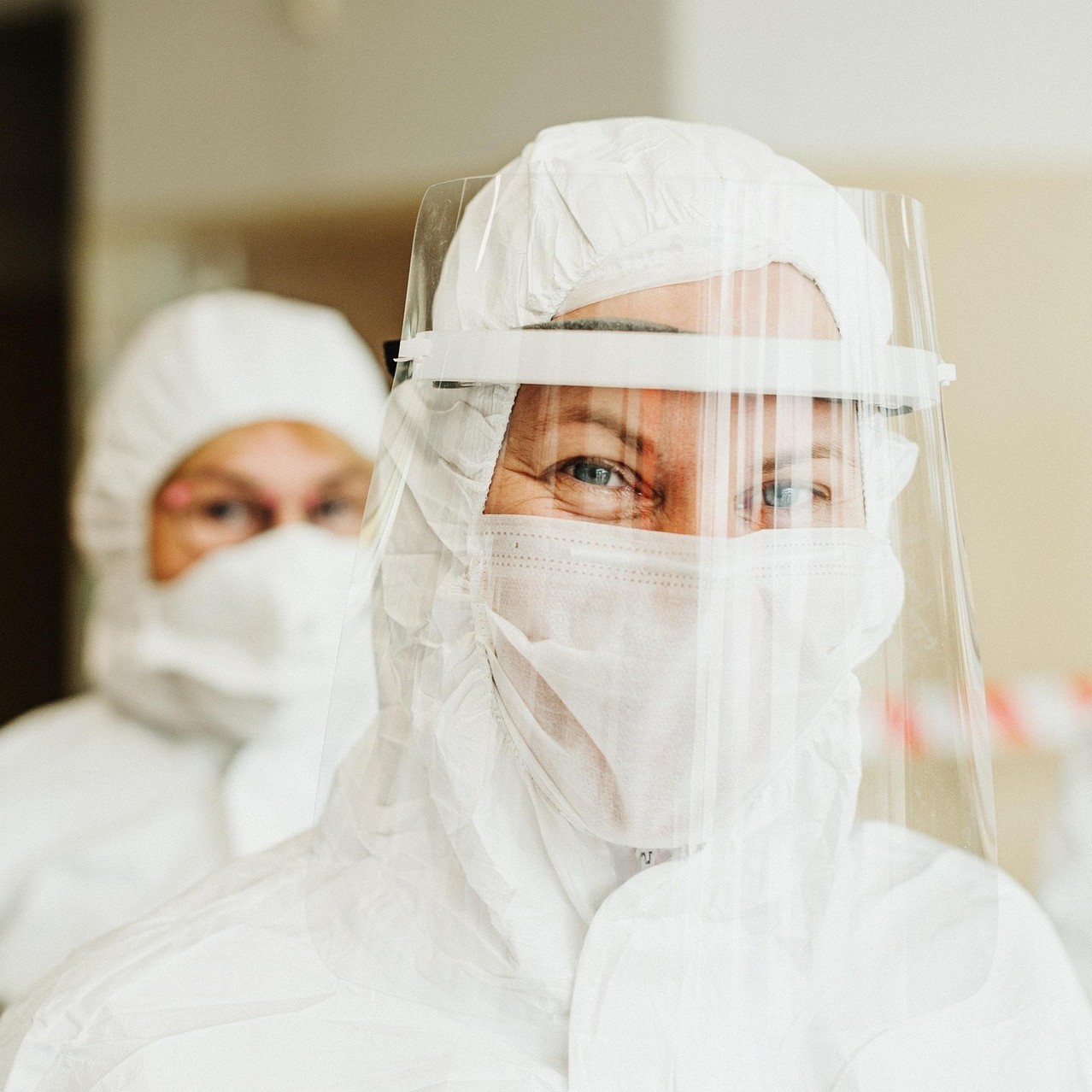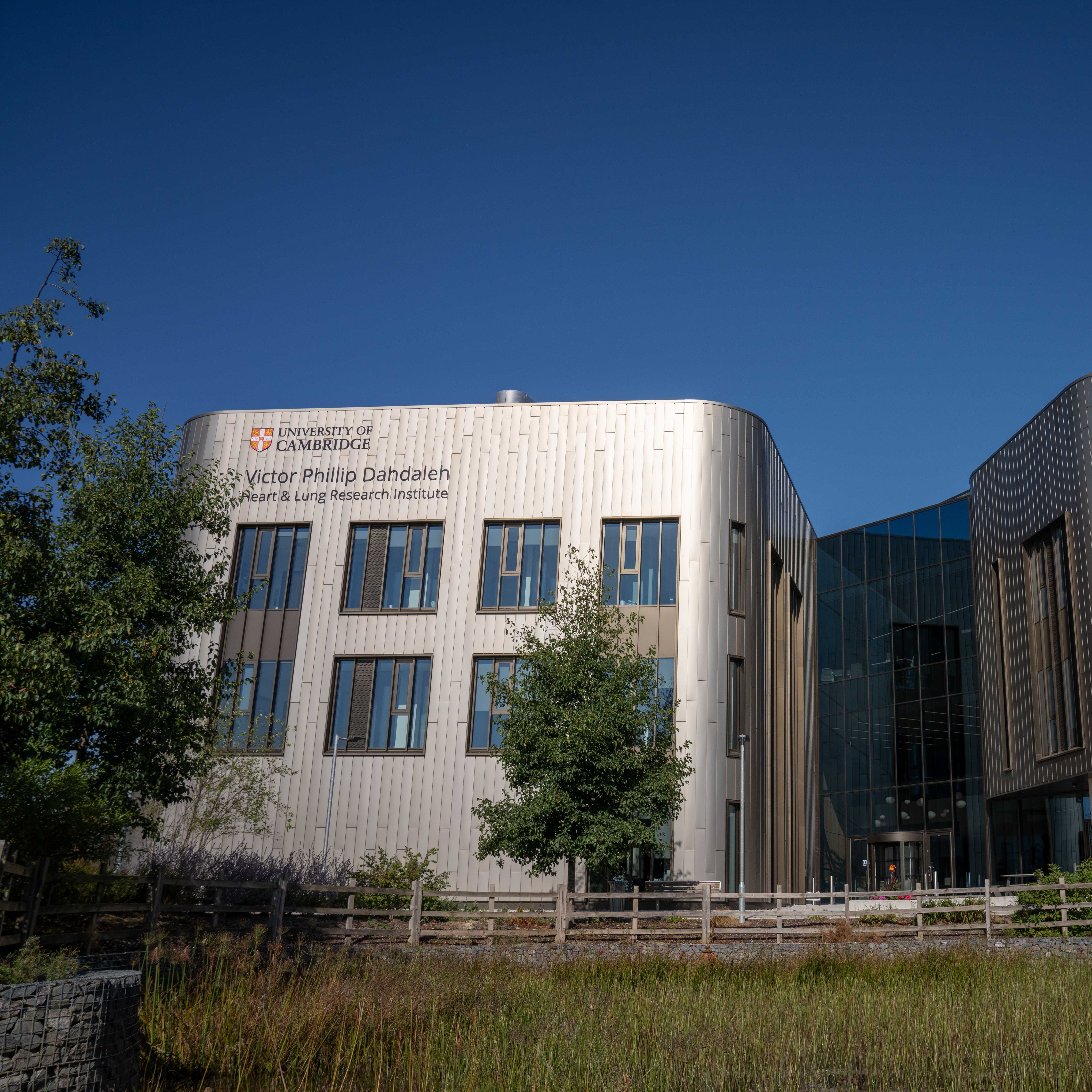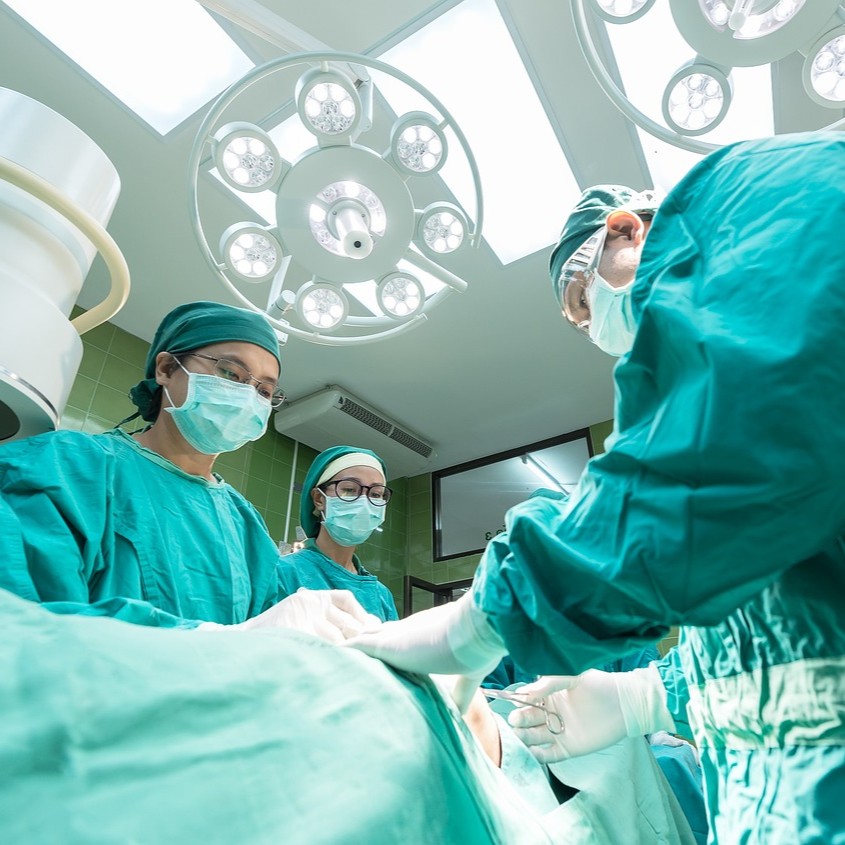
Tailored for the next generation of scientists and practitioners in Translational Medicine.
Get hands-on experience in state-of-the-art research complemented with a strong foundation of lectures, practical courses, literature reviews, and transferable skills workshops, all delivered by internationally recognized experts in the field.
How to apply Requirements Funding opportunities
Key information
|
Qualification MPhil |
Duration 10 months (including a 32-week research project) |
|
Study mode Full-time |
Start date October 2026 |
|
Location Cambridge Biomedical Campus |
Department Department of Medicine |
|
Fees (UK) £15,011 |
Fees (International) £41,480 |
|
Entry requirements Two academic references, Transcript, CV/resume, Evidence of competence in English, Statement of Interest |
|
Structure
Students will undertake a 32-week research project in a host laboratory. In parallel, they will receive taught elements in various formats including lectures, small group teaching, and practical sessions.
Core taught elements include:
- introductory lectures on translation medicine and clinical study design
- biostatistics and bioinformatics
- a laboratory-based practical session
- patient and public, involvement, engagement and participation (PPIEP) in research
- professional research and transferrable skills workshops
- interfacing with the pharmaceutical industry
Research and teaching will broadly cover most key areas of research excellence of the Department of Medicine. Students will engage with taught material in three out of the following 4 themes:
The course will also have an assigned advisor contact students prior to the beginning of the course to guide them through the available projects and help them find a good match for them.
Educational aims
The key educational objectives of the course are to:
- Provide postgraduate-level knowledge and expertise in translational medical research, understanding how this leads to generating discovery research outputs with direct therapeutic applications and impacts on clinical practice and patient wellbeing.
- Train students on the clinical and translational aspects of biomedical research, with particular emphasis on clinical trials, bench to bedside research, the patient-physician interface, the academic-pharmaceutical interface, and research involving the NHS.
- Provide transferable knowledge and expertise in the design, analysis and critical appraisal of biomedical research as well as communication and team building in a research environment.
- Develop skills in planning, conducting, and delivering a research project.
Learning outcomes
By the end of the course, students will be able to:
- Demonstrate advanced knowledge and understanding of the sciences relevant to the study of their specialisation, through attendance at the lecture series.
- Demonstrate in-depth knowledge of the background to their selected research project including the research methods and methods of data analysis used.
- Demonstrate a broad understanding of modern research techniques applicable to the course from the series of technical lectures.
- Demonstrate knowledge of the theoretical approaches relevant to their specialisation and training in critical thinking in the area, assessed by the written and oral presentations.
- Demonstrate expertise in research methods, data analysis and statistics, assessed by the short biostatistics assessment and application of the methods to interpret the data collected during the
research project. - Demonstrate originality in the application of knowledge, together with the practical understanding of how research and enquiry are used to create and interpret knowledge in the field, obtained through the
research project. - Have a broad overview of research in medical science as well as career opportunities both in research and industry.
Teaching and assessment
Taught elements will make up 28% of the total mark broken down as follows:
- Lectures, assessed by multiple choice questions, 13%
- Literature reviews and critical assessment of papers, 5%
- laboratory practical sessions, 5%
- oral presentation on a method, 5%
The Research Project Dissertation will account for 72% of the total mark – 31% for a 5000-word literature review on the project; and 41% for a 5000-word report on project outcomes (aims, methods, results, and discussion).
The research project will begin in October. A 2000-word written project plan and an oral poster presentation on the project outcomes will be formatively assessed.
Career opportunities
The course is designed to equip students for a broad range of further study or careers in biomedical research or science policy in academia, industry, or government settings.
For overseas students, the courses offer opportunities to train with outstanding scientists and provide entry to careers and postgraduate training in the UK or abroad.







